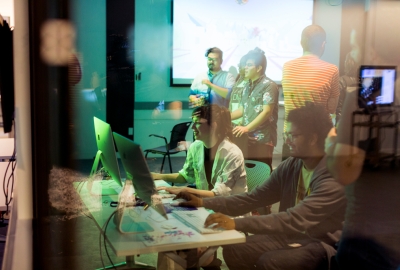Enables the student to: understand the physical properties and biomechanical principles of devises and equipment; to prescribe, apply, and fabricate as appropriate adaptive, orthotic, protective, supportive, and prosthetic devices and equipment for ADL and IADL; to analyze their use during ADL and IADL; and to evaluate the limitations and indications/contra indications of devises and equipment. The course enables the student to practice fabricating adaptive, supportivew, and protective devices.
Course #
PT-GE 2219
Credits
3
Department
Physical Therapy


